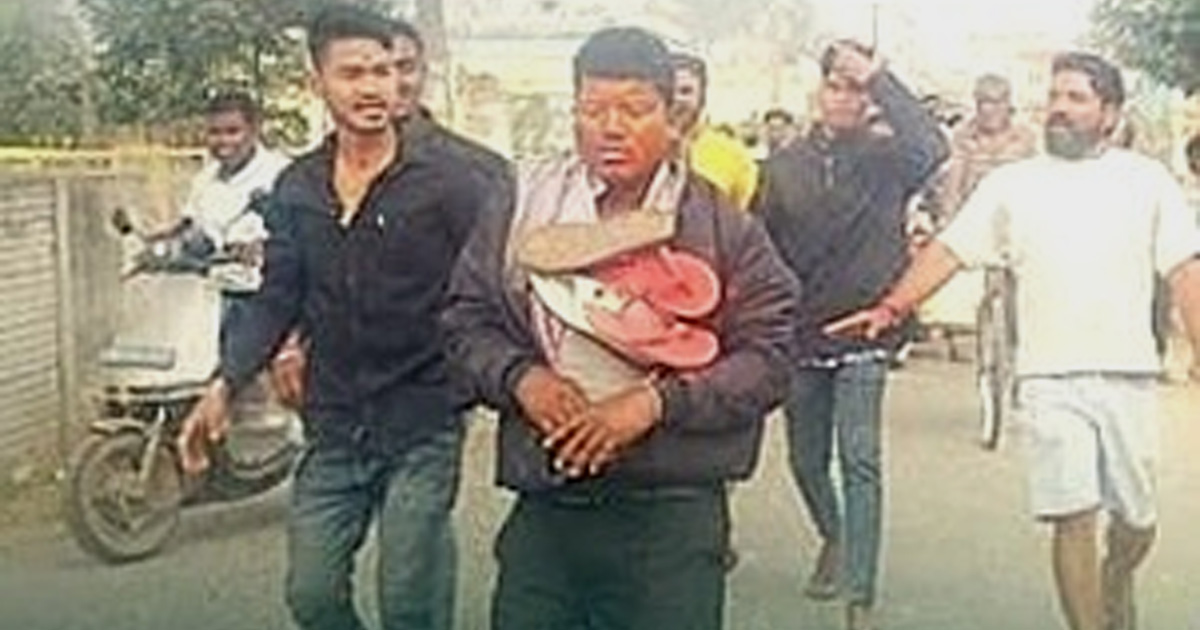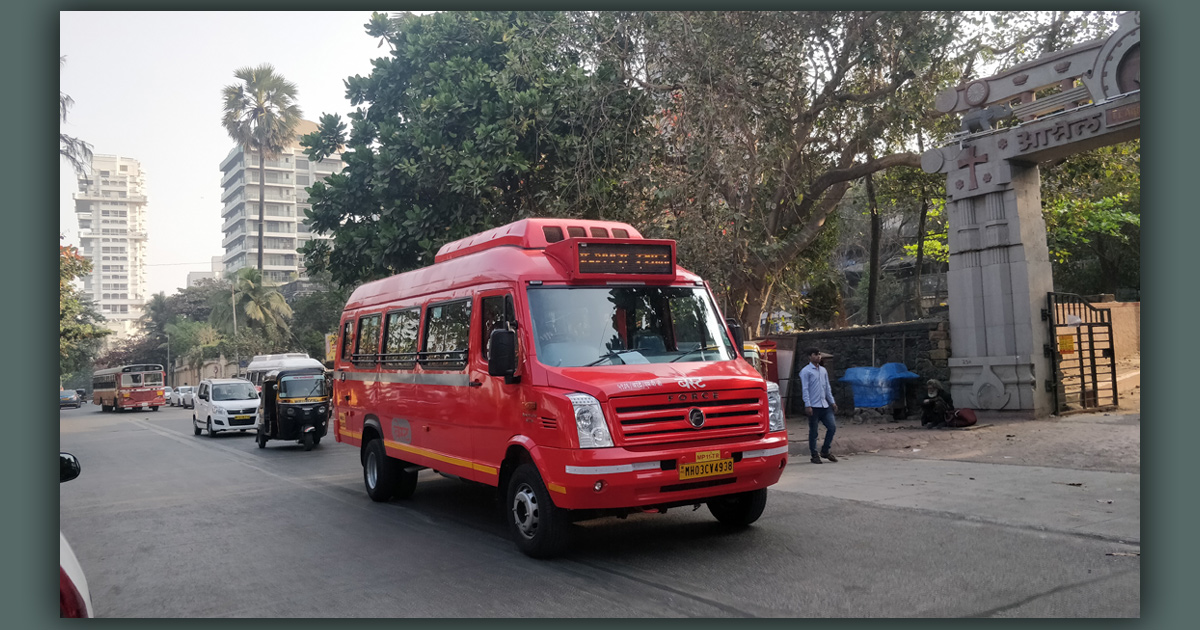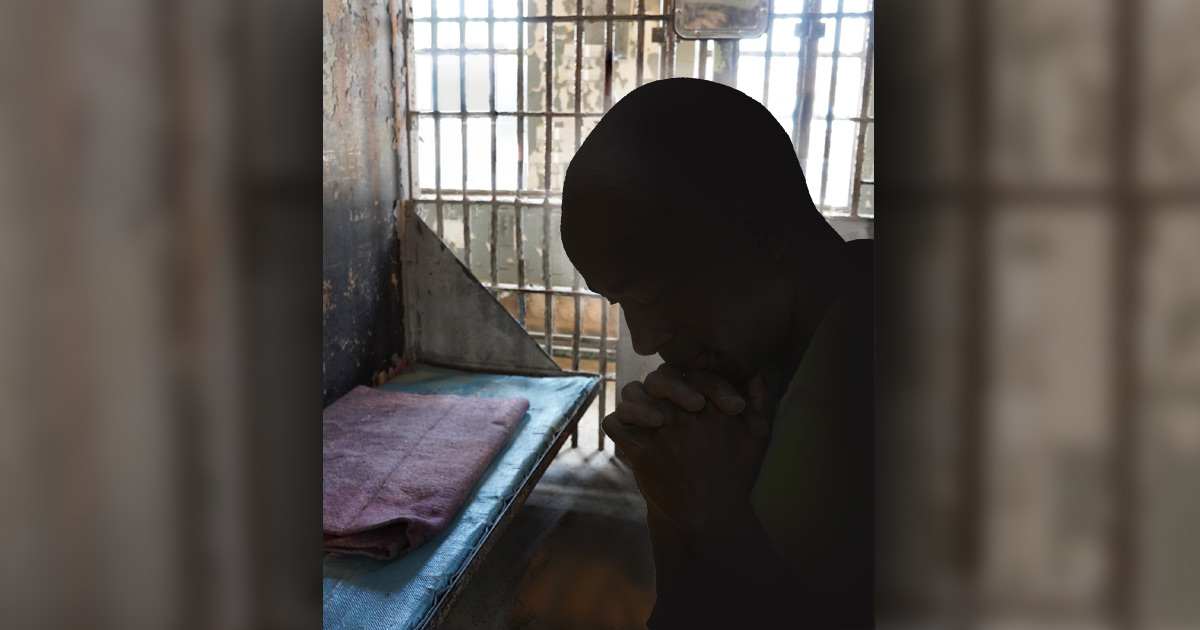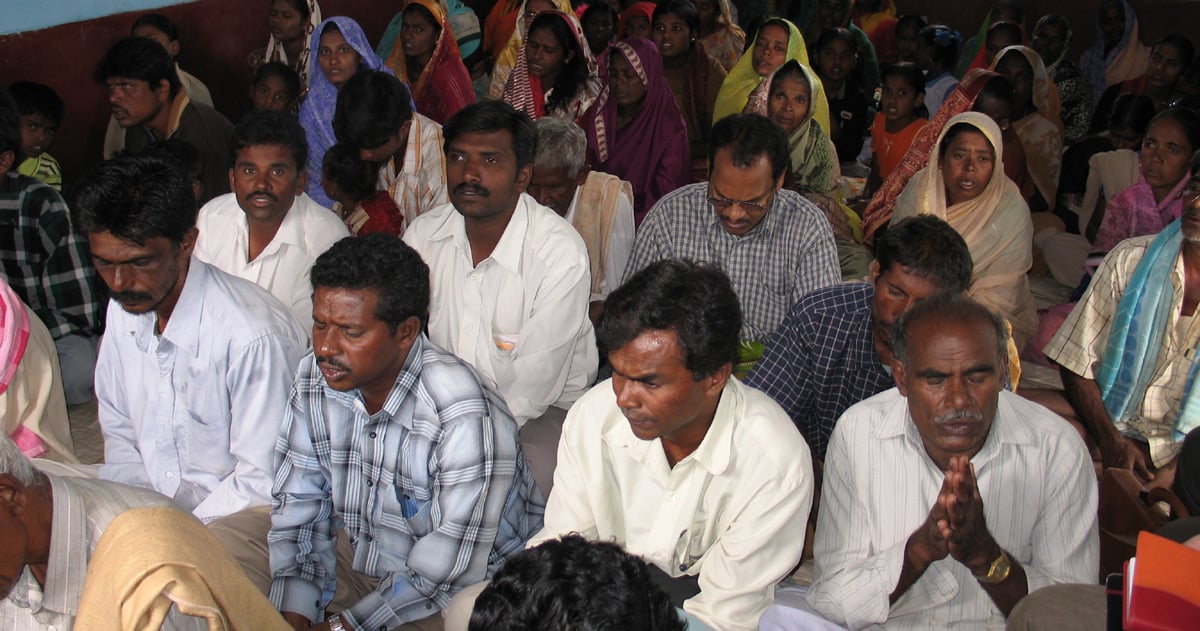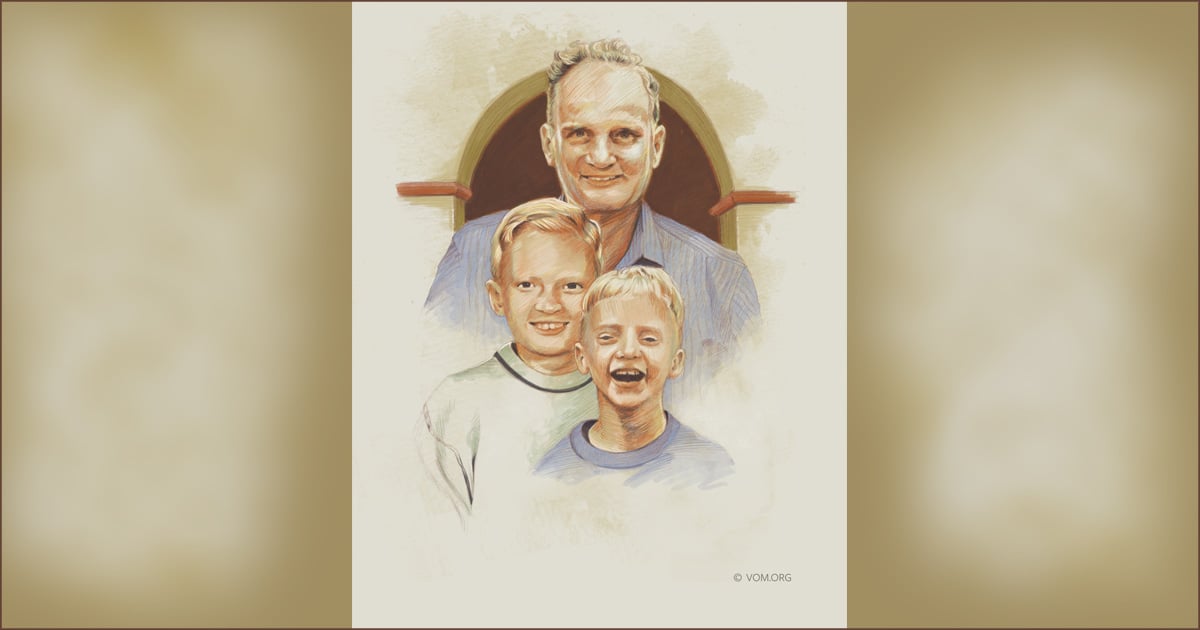
Photo: VOM USA
On January 23rd, 1999, Australian missionary Graham Staines, along with his two young sons Philip and Timothy, were burned to death by Hindu nationalist militants. Initially, authorities denied that the assailants had any connection to the Hindu nationalist group, Bajrang Dal, though such ties were later substantiated. While 14 men had been arrested in connection with the incident, 12 of the perpetrators were acquitted due to lack of evidence. The other two men, Mahendra Hembram and Dara Singh, were convicted and sentenced to life imprisonment.
As news of the shocking murders spread around the world, plans were made to depict the events in a film, which was eventually released as The Least of These: The Graham Staines Story. Shortly after, however, leaders of the Bajrang Dal organization announced plans to release their own movie, titled Dara: The Hero, which would celebrate the murderers' horrific actions. It is unknown if such a film was created.
While Dara Singh presently remains in prison, Mahendra Hembram was released on April 16th on the grounds of "good behaviour." This decision was authorized by the Odisha State Sentence Review Board. As he walked free from the Keonjhar jail, Mahendra was celebrated by supporters who welcomed him as a hero, placing garlands on him and shouting Hindu slogans. Mahendra also proclaimed his innocence and insisted that he had been wrongly imprisoned, even though he previously claimed sole responsibility for the incident in 2002.
The early release of this prisoner has reignited questions and concerns relating to justice, forgiveness and the treatment of religious minorities in India. Having witnessed the response of the crowd celebrating Mahendra's freedom, Father Ajay Kumar Singh, a human rights activist in Odisha, described it as "a shocking sight for anybody believing in peace and tranquility of a society."
While the initial murders brought about worldwide condemnation and calls for justice, many Hindu nationalists argued that the incident took place in response to the alleged coercive conversion activities of Christian missionaries. Following his release from prison, Mahendra even referred to the murders simply as "an incident related to religious conversion."
In the 1999 Wadhwa Commission probing the situation, Graham's wife Gladys responded to the perpetrators of the violence that tragically ended the lives of her husband and two young sons. "It is my desire and hope that they [will] repent and be reformed," she stated. Further information about the martyrdom of Gladys' family members is available here.
- Please join Gladys in praying that a radical transformation would take place in the hearts of Mahendra and Dara, asking that these men would come to a point of sincere repentance and place their faith in Christ.
- Pray that other Hindu militants who support such horrific acts of violence and intolerance would likewise experience a life-changing encounter with Jesus, the Prince of Peace, and acknowledge Him as their personal Saviour and Lord.
- May God continue to strengthen, equip and embolden believers throughout India to share the hope they have in Jesus and accomplish the tasks He has set before them.

 Population
Population